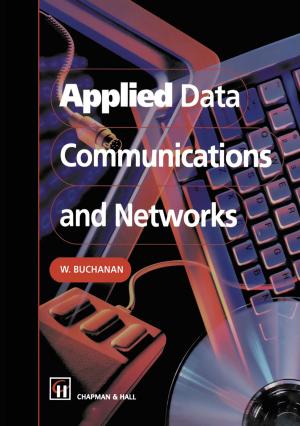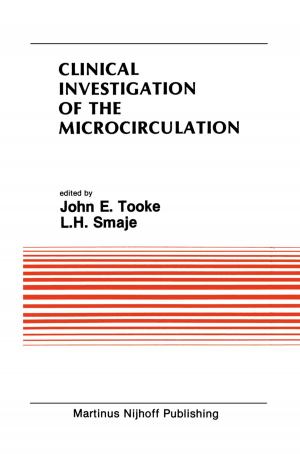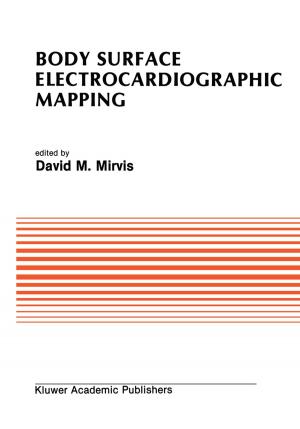Electromagnetic Modelling of Power Electronic Converters
Nonfiction, Science & Nature, Technology, Electricity| Author: | J.A. Ferreira | ISBN: | 9781475720143 |
| Publisher: | Springer US | Publication: | March 9, 2013 |
| Imprint: | Springer | Language: | English |
| Author: | J.A. Ferreira |
| ISBN: | 9781475720143 |
| Publisher: | Springer US |
| Publication: | March 9, 2013 |
| Imprint: | Springer |
| Language: | English |
The era of the personal computer has, without doubt, permanently altered our life style in a myriad of ways. The "brain" of the personal computer is the microprocessor (together with RAM and ROM) which makes the decisions needed for the computer to perform in the desired manner. The microprocessor continues to evolve as increasingly complex tasks are required. While not sharing the limelight of the microprocessor, the "heart" of the personal computer, namely the power supply, is equally important since without the necessary source of power the microprocessor would be a useless piece of silicon. The power supply of twenty years ago was much different than its modem day equivalent. At the dawn of the personal computer era in the late 1970s, de power was obtained from a simple diode bridge. However, the need for smooth, regulated DC at low voltage required at the same time both a bulky input transformer and a large dc side ftlter. Those computer fans present at the birth of this industry can remember the large boxes housing our Altair, Cromemco and Northstar computers which was made necessary largely because of the huge power supply. It is not well appreciated but certainly true that the huge sucess of the Apple II computer in those days was due, at least in part, to the relatively slim proftle of the machine. This sleek appearance was largely due to the adoption of the then new and unproven switched mode power supply.
The era of the personal computer has, without doubt, permanently altered our life style in a myriad of ways. The "brain" of the personal computer is the microprocessor (together with RAM and ROM) which makes the decisions needed for the computer to perform in the desired manner. The microprocessor continues to evolve as increasingly complex tasks are required. While not sharing the limelight of the microprocessor, the "heart" of the personal computer, namely the power supply, is equally important since without the necessary source of power the microprocessor would be a useless piece of silicon. The power supply of twenty years ago was much different than its modem day equivalent. At the dawn of the personal computer era in the late 1970s, de power was obtained from a simple diode bridge. However, the need for smooth, regulated DC at low voltage required at the same time both a bulky input transformer and a large dc side ftlter. Those computer fans present at the birth of this industry can remember the large boxes housing our Altair, Cromemco and Northstar computers which was made necessary largely because of the huge power supply. It is not well appreciated but certainly true that the huge sucess of the Apple II computer in those days was due, at least in part, to the relatively slim proftle of the machine. This sleek appearance was largely due to the adoption of the then new and unproven switched mode power supply.















